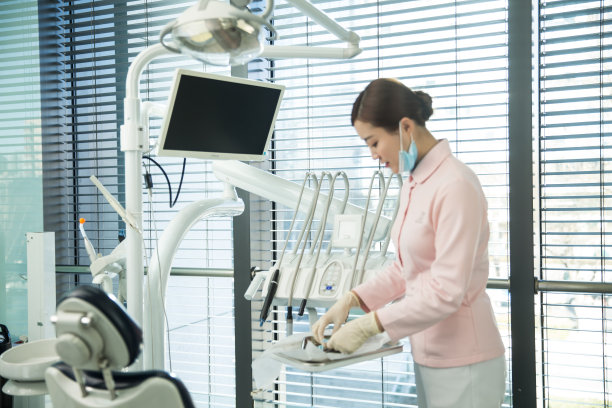Essential Precautions to Consider Before and After Getting a Dental Filling for Optimal Oral Health Protection
Summary: Dental fillings are a common procedure that can greatly enhance oral health by restoring damaged teeth. However, both pre- and post-procedure care are crucial for optimal recovery and health maintenance. This article highlights essential precautions to consider before and after receiving a dental filling, focusing on preparation, dietary choices, pain management, and regular follow-up care to maximize the benefits of the treatment. By adhering to these guidelines, patients can ensure a smoother experience and maintain long-lasting dental health.
1. Preparation Before Getting a Dental Filling

Before proceeding with a dental filling, proper preparation is essential to streamline the process and minimize discomfort. Firstly, it is important to discuss any concerns or questions with the dentist during the consultation. Understanding the procedure, materials used, and expected outcomes can alleviate anxiety and establish a clearer picture of what to expect.
Secondly, patients should communicate their medical history, including allergies and existing medical conditions, as these factors can influence the choice of materials for the filling. Informing the dentist about medication usage is equally crucial to avoid potential interactions.
Lastly, arranging for transportation after the procedure is advisable, particularly if sedation will be used. Having a friend or family member drive home ensures that patients can relax and recover without the added stress of navigating post-treatment discomfort or impaired coordination.
2. Dietary Choices Post-Filling Procedure
After getting a dental filling, making smart dietary choices plays a vital role in recovery. Initially, it is best to consume soft foods for the first 24 hours post-procedure. Foods like yogurt, mashed potatoes, or smoothies are gentle on the teeth and can reduce the risk of irritation in the filling site.
Additionally, patients should avoid extremely hot or cold foods, as they can trigger sensitivity in freshly filled teeth. Moderating the intake of hard or chewy foods is also recommended, as they could potentially dislodge or damage the filling before it fully sets.
Finally, it is advisable to stay hydrated and maintain a balanced diet, as this promotes overall healing. Water is especially important to wash away food particles and maintain oral hygiene while recovering.
3. Effective Pain Management Strategies
Post-filling discomfort is not uncommon, and implementing effective pain management strategies can significantly enhance comfort levels. Over-the-counter pain relief medications, such as ibuprofen or acetaminophen, can be utilized to alleviate mild discomfort. Patients should follow dosage recommendations as directed on the packaging or by their healthcare provider.
Moreover, applying a cold compress to the cheek can minimize swelling and numb the area, providing temporary relief. It is important to apply the compress in intervals, typically 15 minutes on and 15 minutes off, to avoid skin irritation.
Finally, if the pain persists beyond a few days or worsens, it is crucial to reach out to the dentist. Some discomfort is normal, but severe pain could indicate complications such as an improper filling or infection requiring professional attention.
4. Importance of Regular Follow-Up Appointments
Beyond the immediate recovery phase, attending regular follow-up appointments is critical for maintaining oral health after a filling procedure. These appointments allow the dentist to monitor the fillings integrity, ensuring it remains in good condition and functions appropriately.
Additionally, during these check-ups, dentists often perform professional cleanings and check for any signs of decay or other dental issues. This proactive approach can help catch potential problems early, preventing the need for more invasive treatments in the future.
Finally, reinforcing good oral hygiene practices during follow-ups ensures that patients understand the best ways to care for their fillings and teeth at home. This guidance plays a significant role in extending the lifespan of dental restorations and promotes overall oral health.
Summary:
In conclusion, being well-prepared both before and after receiving a dental filling is essential for optimal oral health protection. Awareness of dietary restrictions, effective pain management, and the importance of follow-up appointments significantly contribute to a successful recovery and overall dental hygiene. By adhering to these essential precautions, patients can enhance their experiences and maintain healthier smiles.
This article is compiled by Vickong Dental and the content is for reference only.



